Optimal Seasons for Bathtub Refinishings
Bathtub refinishings are a popular solution for restoring the appearance and functionality of worn or damaged tubs. Timing can influence the quality and durability of the refinishing process, making it important to choose optimal periods for scheduling. Understanding seasonal factors and environmental conditions helps ensure a successful refurbishment.
Spring and summer are generally preferred due to warmer temperatures and lower humidity levels, which facilitate proper curing and adhesion of coatings.
Environmental conditions such as temperature, humidity, and airflow impact the drying process. Avoid scheduling during high humidity or cold weather to prevent issues like peeling or uneven finish.
Most bathtub refinishing projects take 1 to 2 days, with additional curing time required for the finish to fully harden. Planning during favorable weather ensures optimal results.
Refinishing during ideal conditions reduces the risk of defects, extends the lifespan of the finish, and minimizes the need for touch-ups or rework.
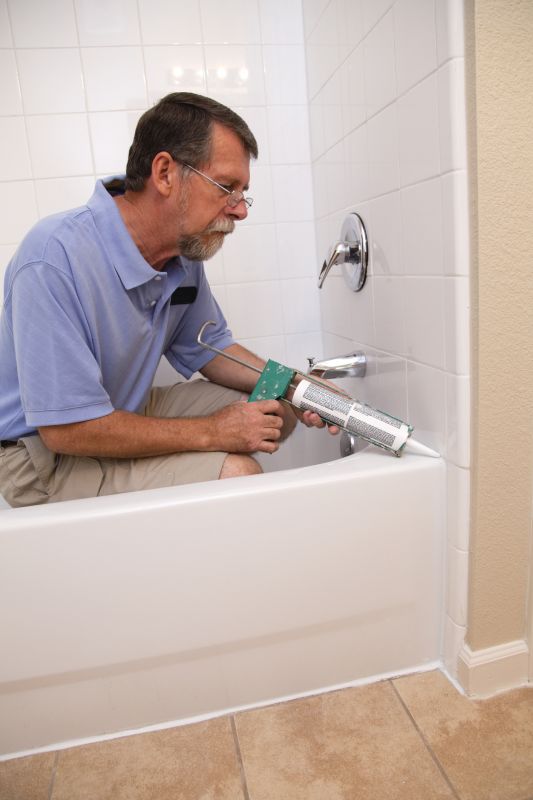
Technicians applying a new coating to a bathtub in a well-ventilated bathroom.
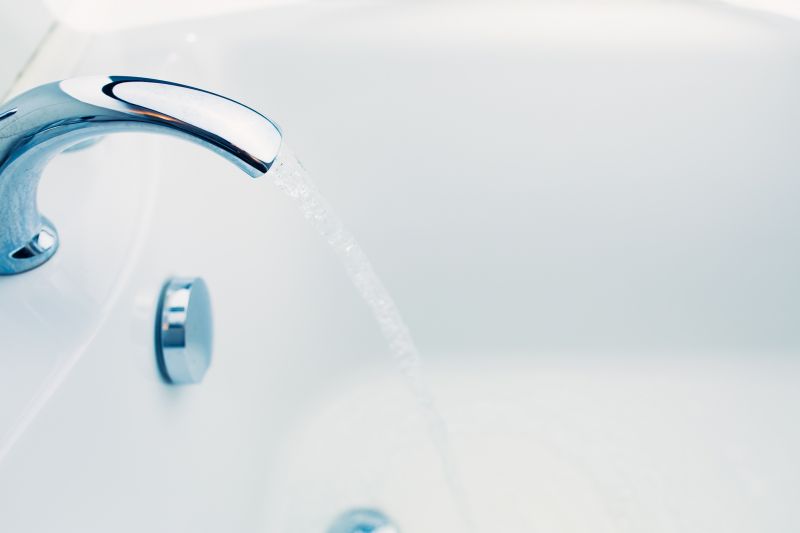
Close-up of a freshly refinished bathtub with proper ventilation.
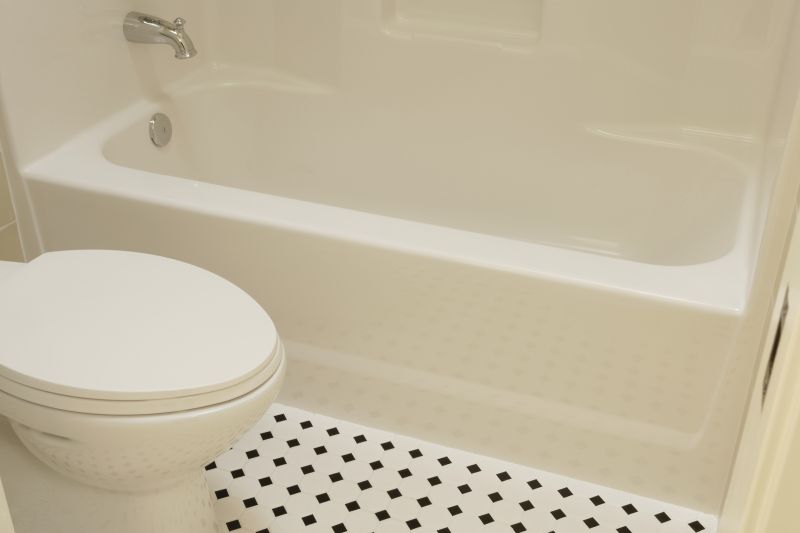
Shiny and smooth bathtub surface post-refinishing.
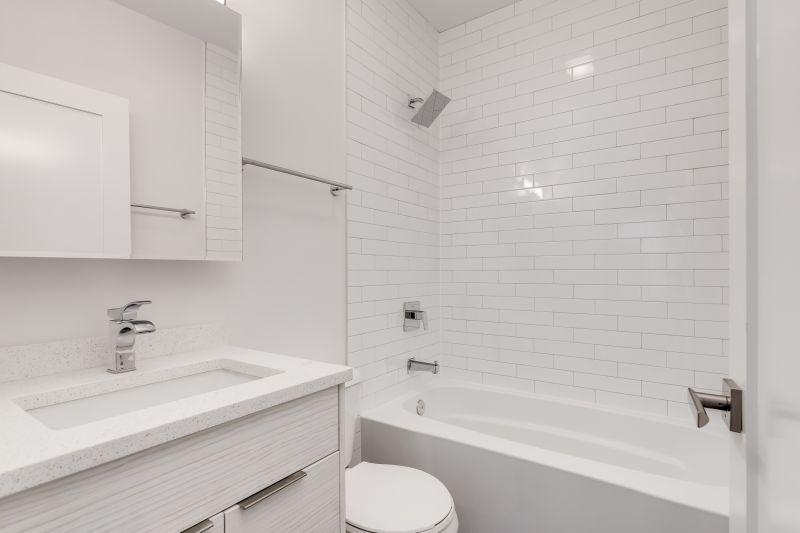
Ways to make Bathtub Refinishings work in tight or awkward layouts.
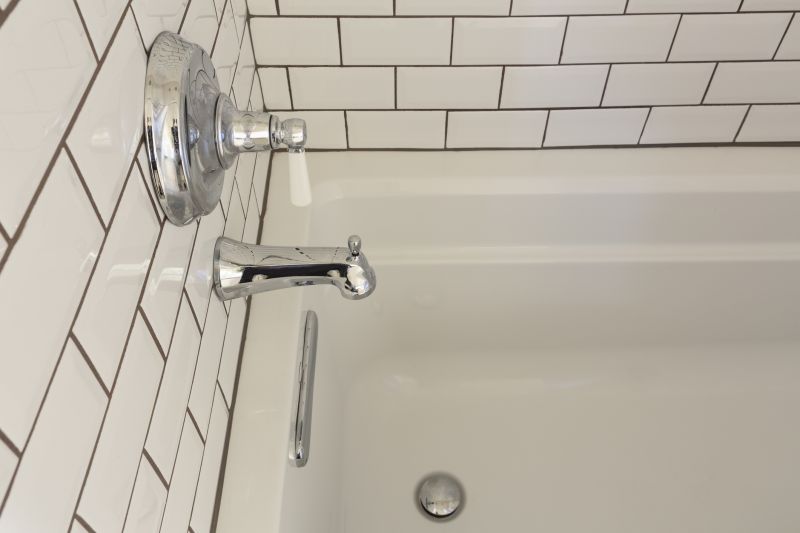
Popular materials for Bathtub Refinishings and why they hold up over time.
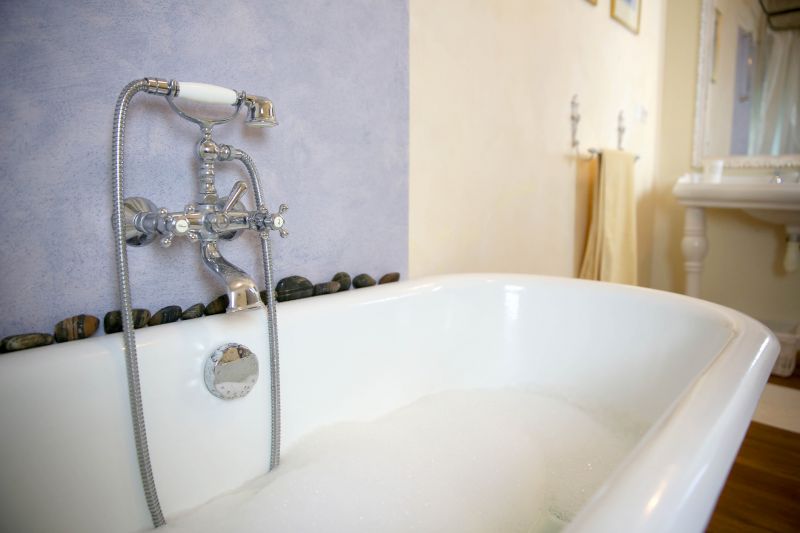
Simple add-ons that improve Bathtub Refinishings without blowing the budget.
| Season | Advantages |
|---|---|
| Spring | Ideal temperatures and low humidity promote optimal curing. |
| Summer | Warm weather accelerates drying and reduces curing time. |
| Fall | Moderate weather conditions suitable for refinishing. |
| Winter | Challenging due to cold temperatures and high humidity. |
| Late Spring/Early Fall | Best overall periods for scheduling refinishing projects. |
Bathtub refinishing involves applying a new coating over the existing surface to restore its appearance and protect against damage. The process typically includes cleaning, etching, applying primer, and then coating with a durable finish. Proper preparation and timing are essential to achieve a smooth, long-lasting result. Statistics indicate that with correct scheduling, refinished tubs can last up to 10-15 years, maintaining their appearance and functionality.
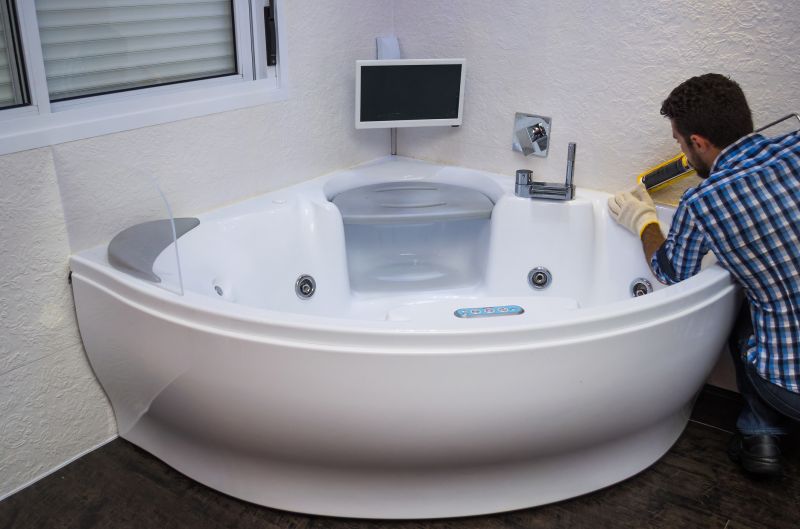
A shiny, smooth bathtub surface post-refinishing.
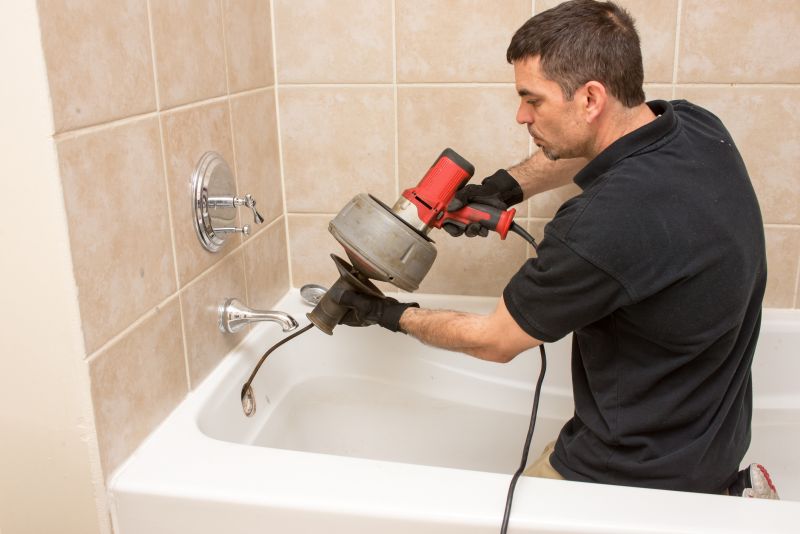
Tools and materials used in the bathtub refinishing process.
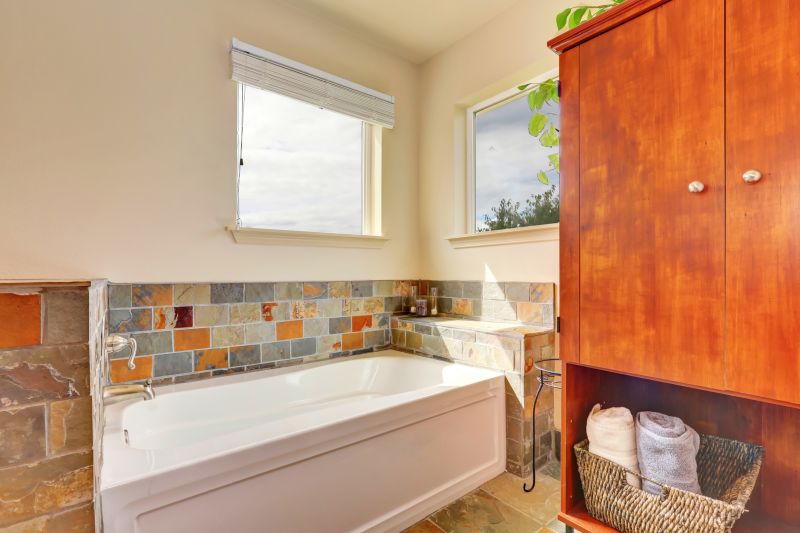
Comparison of a worn bathtub versus a refinished surface.
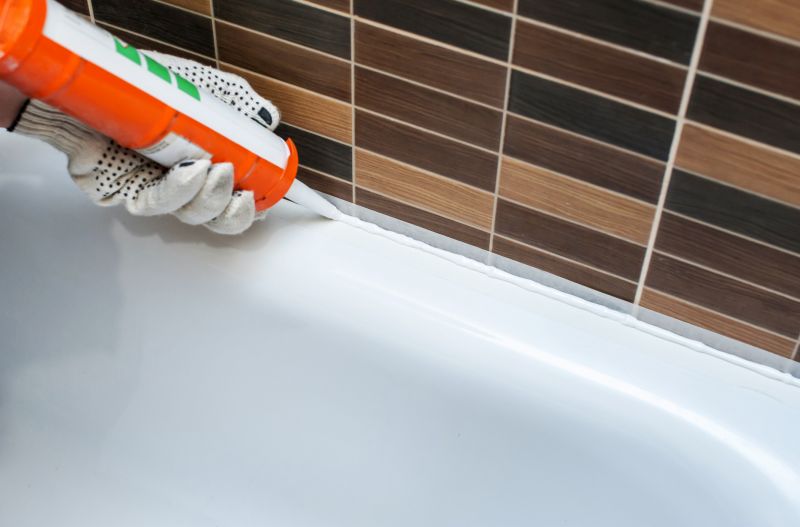
Technicians applying coating to a bathtub.
Interested in restoring the appearance of a bathtub? Filling out the contact form provides an opportunity to discuss scheduling options and receive tailored advice for optimal results. Proper timing ensures a durable finish that enhances bathroom aesthetics and functionality.
